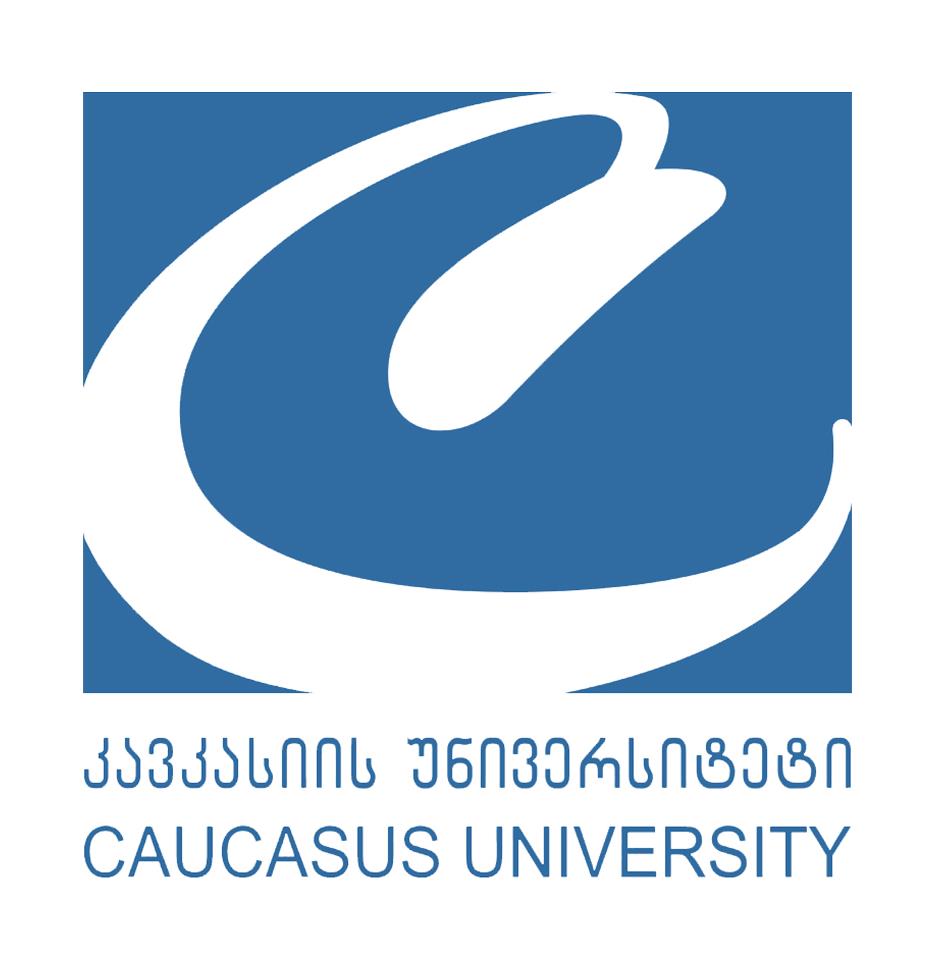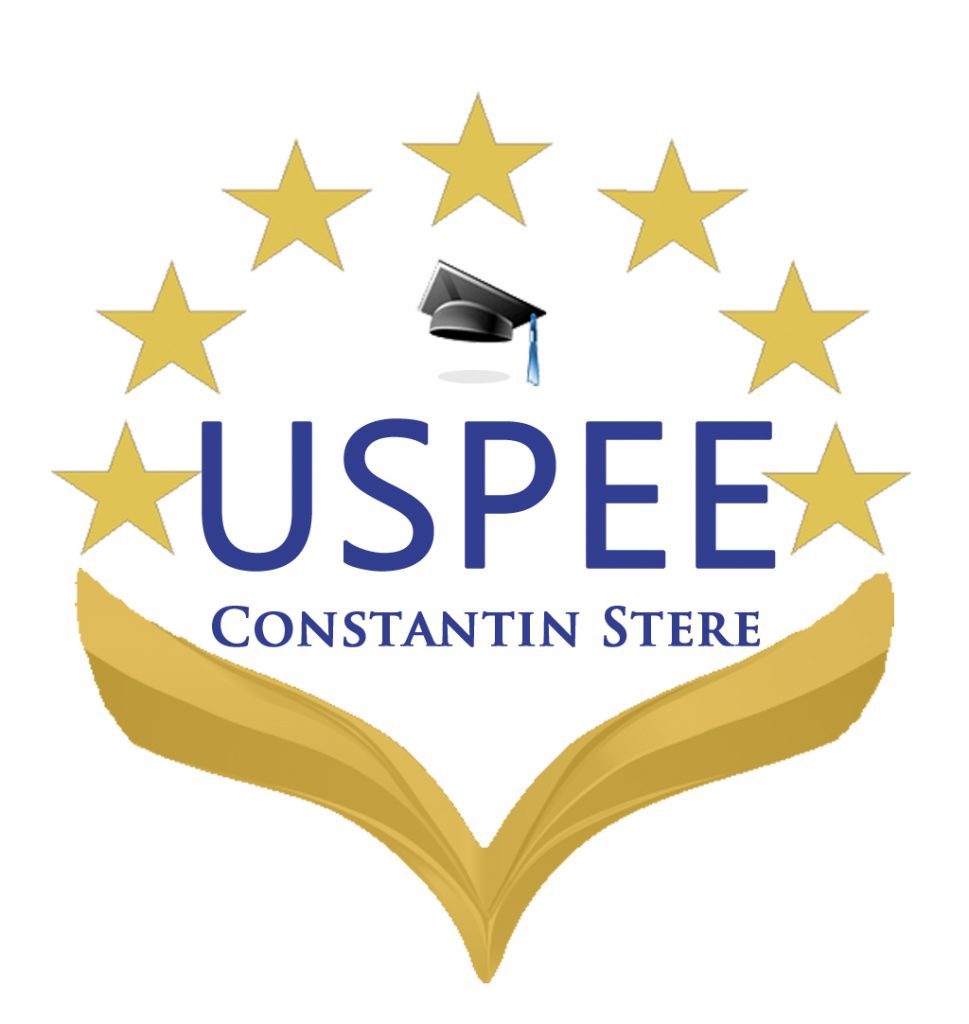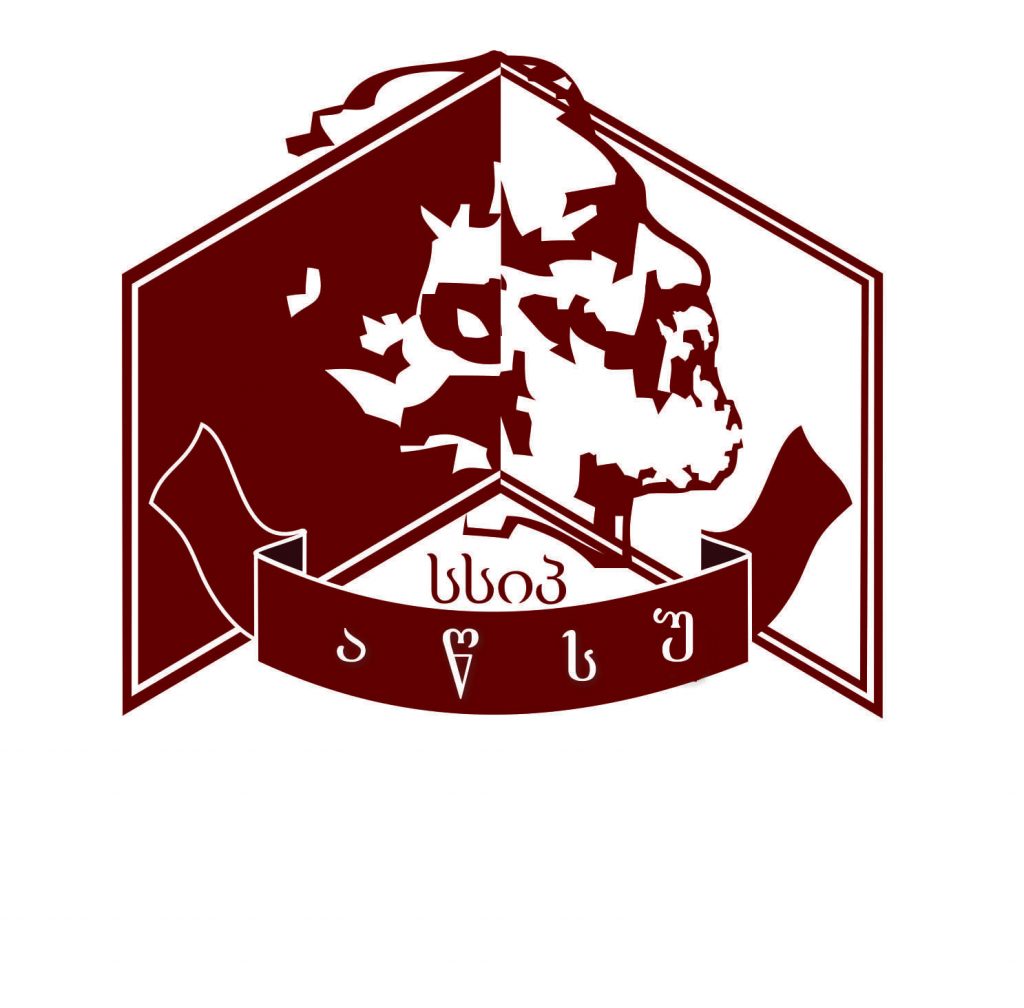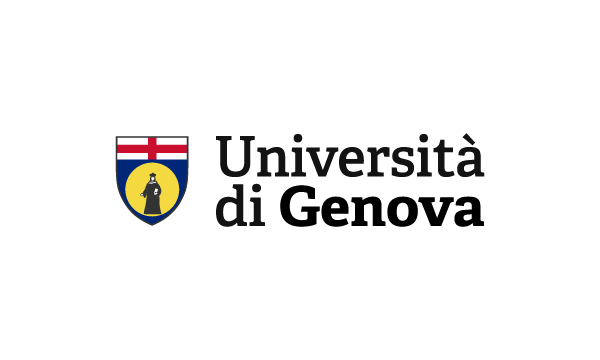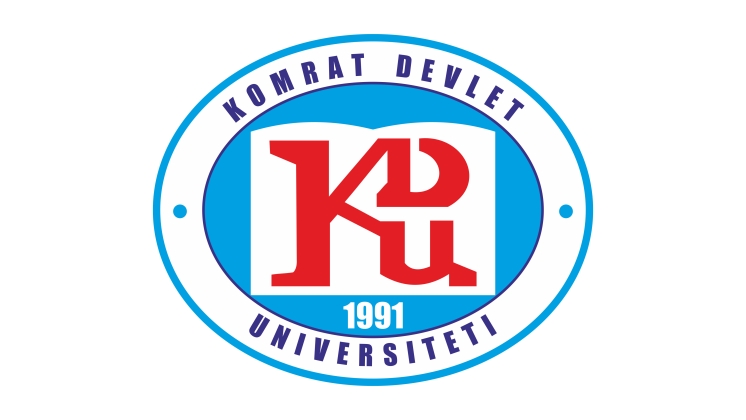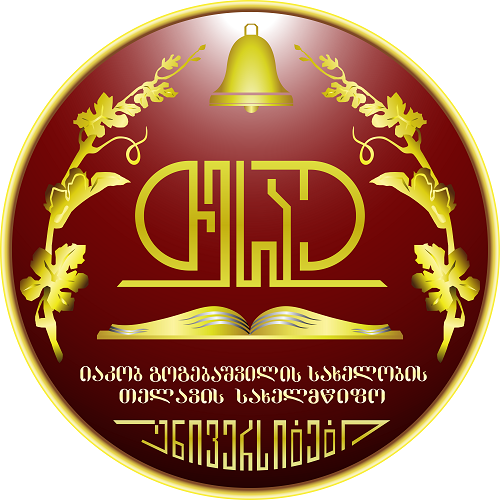Partners
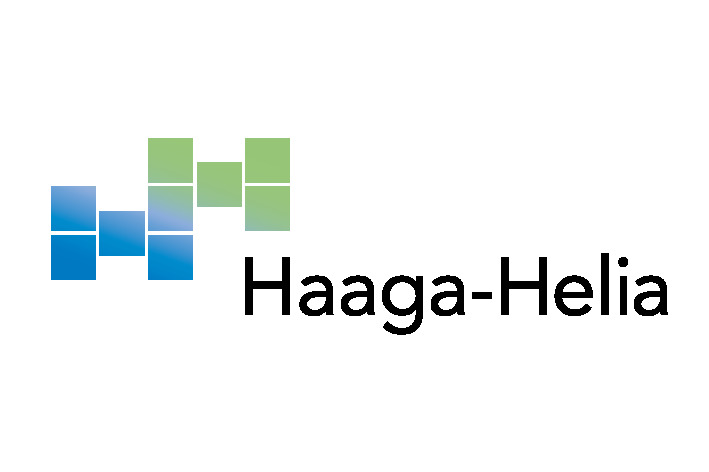
Haaga-Helia University of Applied Sciences
Haaga-Helia University of Applied Sciences (HHUAS) is one of Finland’s largest universities of applied sciences. With 650 employees and 11,000 students, Haaga-Helia focuses on preparing professionals for business and services through education, research, and development. Their core competencies span various areas, including business development, entrepreneurship, and service innovations (including hospitality and tourism), as well as digital and creative solutions and pedagogy.
Haaga-Helia runs several innovation labs, such as eComLab, Service Experience Lab, SalesLab, StartUp School, and 3D Lab, which foster creativity and collaboration. Haaga-Helia has also extensive experience in international project development and implementation.
The university offers a diverse range of bachelor’s and master’s degree programs in fields such as business management, hotel, restaurant, and tourism management, information and communication technology, and journalism, and it’s among the first universities of applied sciences in Finland to emphasize vocational teacher education and training.
Caucasus University
Caucasus University School of Business (CU) was established in 1998 through collaboration with Georgia State University (Atlanta, USA). In 2004, it became part of Caucasus University (CU), which now comprises ten schools covering various disciplines.
CU offers Bachelor’s, Master’s, and Doctoral degrees across 45 programs, taught in both Georgian and English languages. Additionally, it collaborates with leading US and European universities for dual degree programs.
CSB holds national institutional authorization and all its programs are accredited by EQE Georgia. In 2020, CU received the TedQual Certificate from the World Tourism Organization Academy. Overall, CU provides a diverse educational environment for approximately 7,000 students, emphasizing international standards and quality education.
Management Center Innsbruck
MCI The Entrepreneurial school® is located in the heart of Innsbruck, Austria, specializing in business and engineering. It currently hosts 3,500 students, employs 400 internal staff members for research, teaching, and administration, collaborates with 1,000 external lecturers, and maintains partnerships with 300 partner universities worldwide.
MCI links together the best out of science, economy and consulting to the unique concept of an international Entrepreneurial University of Applied Sciences providing the platform for numerous academia-business activities including start-ups, executive education, summer & winter schools, study abroad programs, international conferences and more. It stands for internationality, academic quality, practice orientation, innovation, close cooperation with industry, solution-oriented research and development, first-class infrastructure, a high level of customer and service orientation, and international renown.
Due to its alpine location, the MCI Tourism department focuses on alpine tourism research. Their strong network of tourism professionals ensures close collaboration between academia and industry.
University of European Political and Economic Studies
USPEE “Constantin Stere” is an accredited higher education institution founded in 1997. Its mission is to provide continuous training and conduct scientific research, contributing to the establishment of a democratic state of law and shaping Moldova’s European integration. The university operates within several faculties, including the Faculty of Law and International Relations, Socio-Human Sciences, and the Faculty of Economics and Ecology—the latter being particularly relevant for implementing modules related to Green tourism.
The educational process, overseen by highly qualified professors, spans three cycles: Bachelor, Master, and Doctoral. USPEE places significant emphasis on practical training, aiding graduates in their integration into the labor market and successful career development. Key objectives include maintaining high-quality training, creating a flexible teaching system aligned with labor market needs, fostering partnerships with central and local authorities, and promoting European integration.
The university actively contributes to the personal creativity of both teachers and students. USPEE prioritizes internationalization, collaborating with over 90 prestigious higher education institutions and other organizations.
Akaki Tsereteli State University
Akaki Tsereteli State University (ATSU), established in 1930, is a multilevel higher education institution that offers academic and professional programs while actively engaging in research. The university, drawing from the traditions of the Pazisi and Gelati Academies, adheres to the principles outlined in the “Great Charter of Universities” and meets national and European standards for higher education. Its mission is to provide high-quality education and foster research activities, emphasizing students’ personal development and the training of professionals and leaders.
The university recognizes its responsibility to society and actively contributes to the development of the city, region, and country. To achieve this, it offers lifelong continuing education programs, generates and disseminates new knowledge, and collaborates with various stakeholders in shaping public policy. Akaki Tsereteli State University has participated in several capacity-building projects, including those related to regional development and the transformation toward Industry 4.0 in Georgia and Ukraine.
Moldova State University
Moldova State University (MSU), officially registered under No. 597560, is the oldest and largest university in Moldova. Situated in Chisinau, it offers a diverse range of study programs and conducts extensive research. MSU comprises 12 faculties, providing over 60 BSc, 64 MSc, and 66 PhD study programs. The university boasts a total enrollment of approximately 11,000 undergraduate and graduate students. MSU is renowned in the country for its high-quality teaching and research conducted by both faculty and students. Active participation in national and international projects enhances various aspects of student professional training.
Over the years, MSU has focused on reforming its organizational and academic structure to align with the realities of a market economy. It is committed to the Bologna Process and aims to integrate Moldova’s higher education into the European Higher Education Area. MSU has been involved in several international initiatives, as well as producing graduates who contribute to various sectors. The university continually updates its curricula, consulting employers and labor market representatives, while leveraging modern educational technologies.
University of Genoa
University of Genoa (UniGe), founded in 1933, is one of the most ancient large universities in Europe. Its roots trace back to 1481. As a public institution, UniGe operates with scientific, educational, organizational, and financial autonomy. The university actively contributes to the European Research Area and advanced professional training.
UniGe offers 126 degrees, over 55 postgraduate schools, and 26 master’s degrees. With a truly multidisciplinary approach, UniGe serves over 30,000 students, including nearly 2,800 international students. UniGe boasts 22 departments, 27 PhD courses, and 55 specialization schools. It hosts 12 research and service centers, along with 2 centers of excellence.
UniGe demonstrates expertise in social cohesion, including gender equality initiatives. It collaborates internationally in research and education through bilateral and multilateral agreements and European Union projects. UniGe offers extensive international double degrees for both bachelor’s and master’s programs. The Department of Economics and Business Studies has a rich tradition and strong ties to Genoa’s history and economy.
Comrat State University
Comrat State University (KDU), founded in 1991 in Comrat, Republic of Moldova, is a dynamic higher education institution. It comprises four faculties, 13 departments, and seven centers, offering training in 37 BSc, MSc, and PhD programs. KDU provides both full-time and part-time courses and actively implements the Bologna process, contributing to the integration of Moldova’s higher education into the European Higher Education Area. One of the university’s largest departments is the Department of Economics. The official languages of instruction at KDU are Romanian, Gagauz, and Russian, with additional language courses available in English, German, Bulgarian, Greek, French, and Turkish.
KDU hosts over 1,600 students, with 10% being international students. The university annually invites teaching staff from countries such as Greece, Poland, and the USA, who voluntarily share their professional expertise. KDU actively collaborates with cultural centers of EU embassies accredited in Moldova. Through more than 80 cooperation agreements with universities worldwide, KDU actively participates in innovative educational reforms, promotes international cooperation in innovation and science, and fosters academic mobility. As a full member of EURAS (Eurasian Universities Union), KDU continues to enhance its global engagement.
Telavi State University
Telavi State University (TeSaU), situated in the East part of Georgia, specifically in the small city of Telavi, is the sole higher educational institution in the Kakheti region. As an autonomous State Higher Education Institution, TeSaU offers renewed teaching programs across three levels: Bachelor’s (BA), Master’s (MA), and Doctoral (PhD). Currently, approximately 1,600 students receive education at TeSaU. The university comprises five faculties: Agrarian Sciences, Education, Humanities, Exact and Natural Sciences, and Social Sciences, Business, and Law. TeSaU prioritizes tourism, collaborating with various organizations for student practical placements.
As the sole higher education institution in Kakheti, Telavi State University plays a crucial role in providing the labor market with skilled employees. The university actively participates in the international education arena. In the field of tourism, TeSaU’s staff possesses extensive experience.
